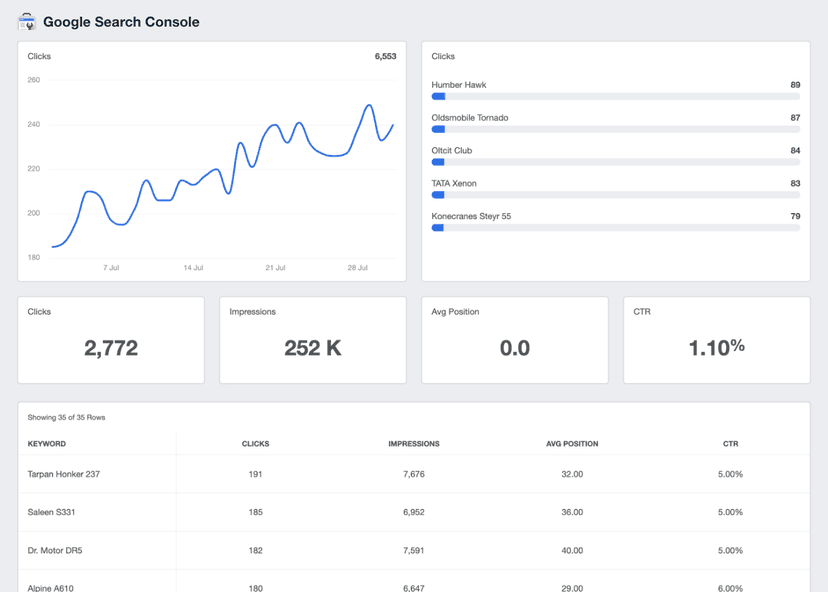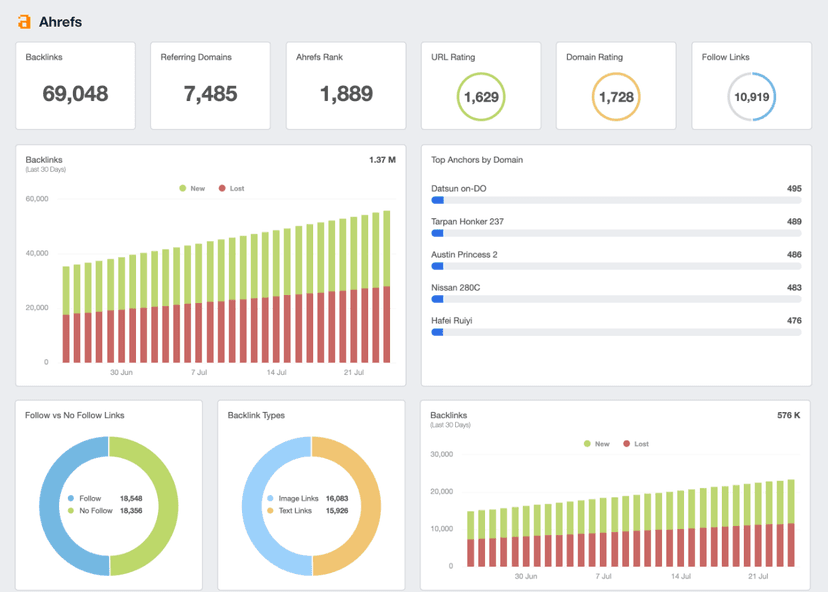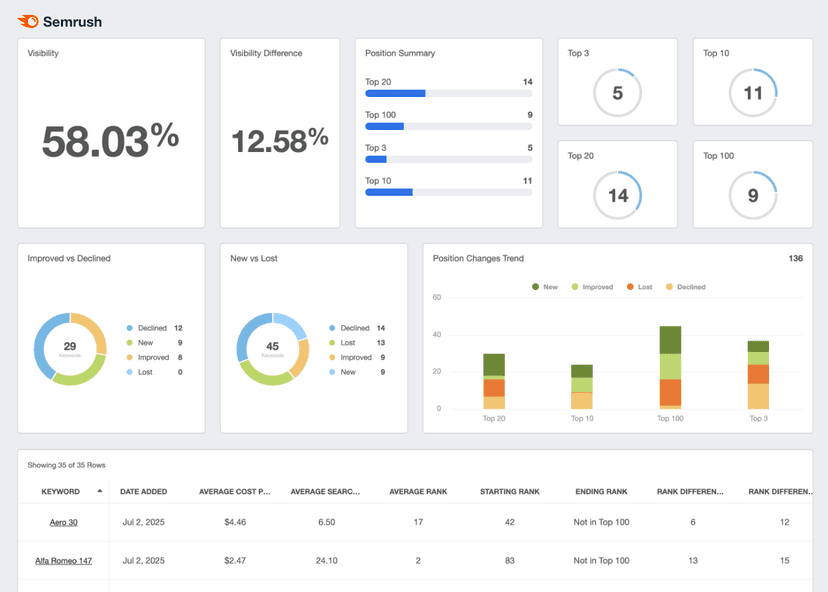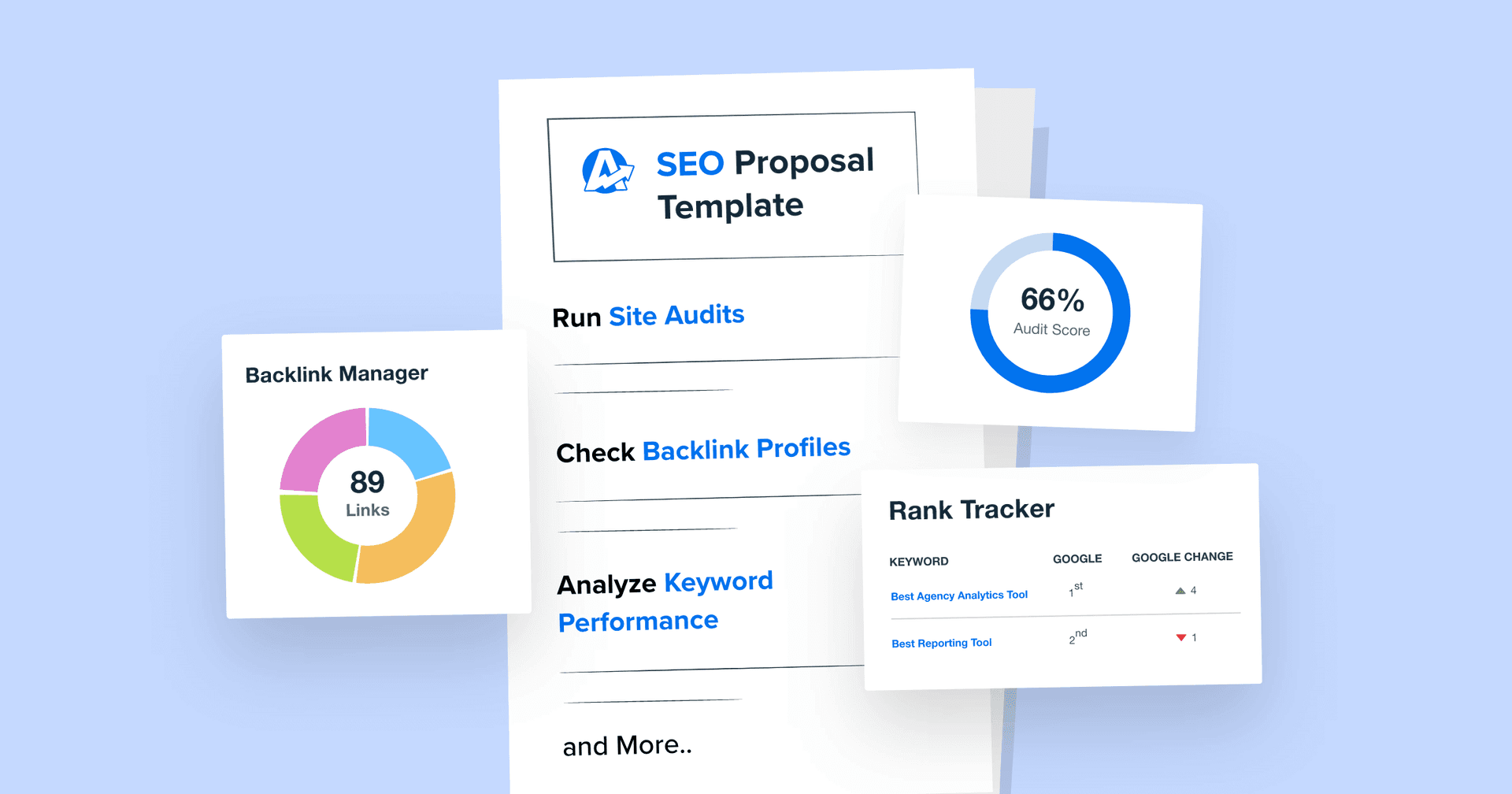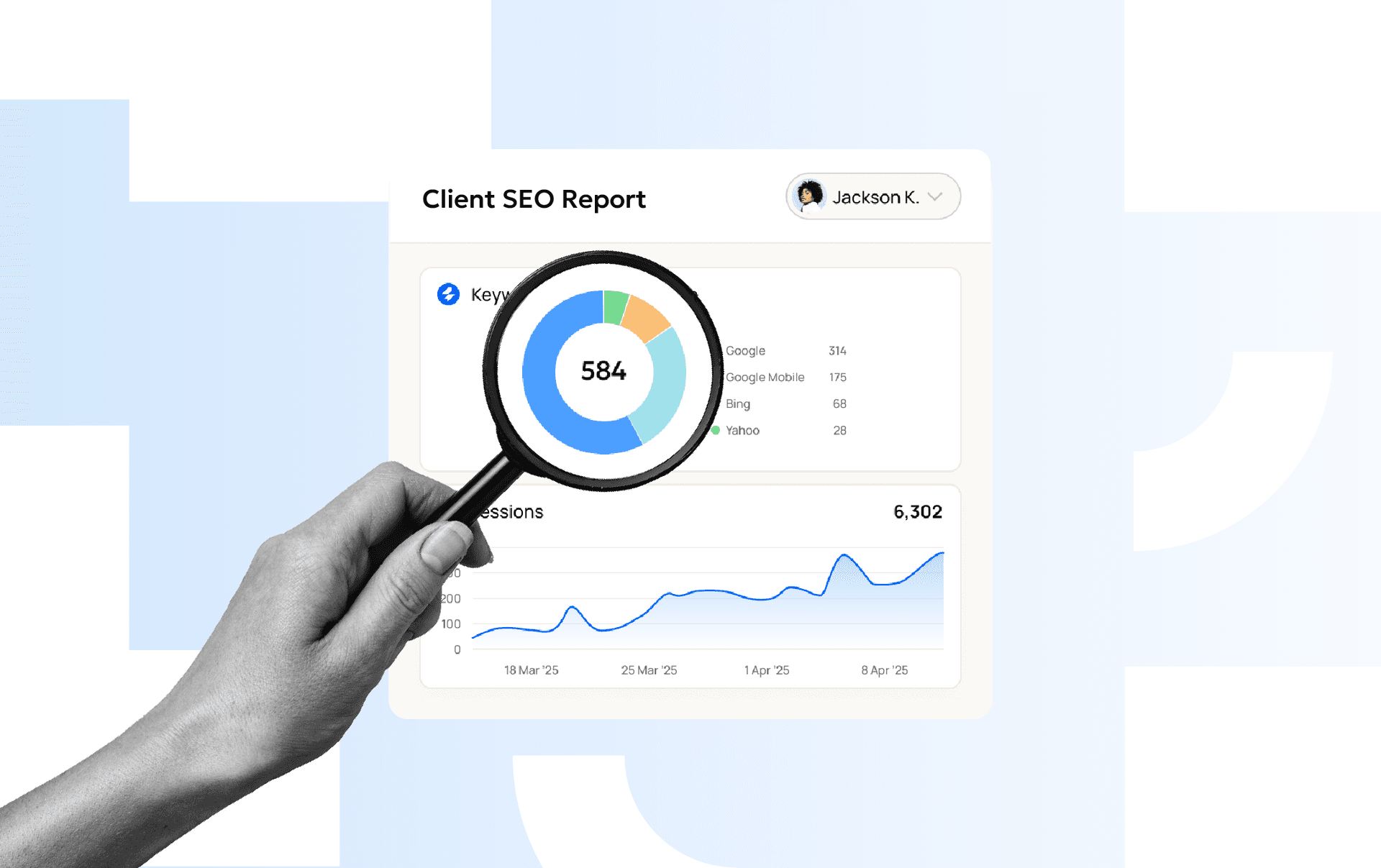Title Tag
SEO Optimization
Incorporate the primary keyword to improve search engine rankings.
Brand Visibility
Include brand and product names in Title Tags for enhanced visibility and reach.
Content Clarity
Ensure clarity and relevance to increase Click-through Rates.
Targeting
Capture audience attention more effectively with descriptive titles.
Why Title Tags Are Important
A well-crafted Title Tag is crucial for optimizing visibility and enticing clicks in search engine results pages (SERPs). It serves as the initial point of contact between users and a website, offering a concise preview of what to expect. By accurately reflecting the content of the webpage and strategically incorporating primary keywords, well-crafted Title Tags enhance search engine rankings and attract qualified traffic to a web page.
Neglecting to optimize Title Tags will result in decreased rankings as well as Click-through Rates, ultimately leading to missed opportunities to engage potential customers.
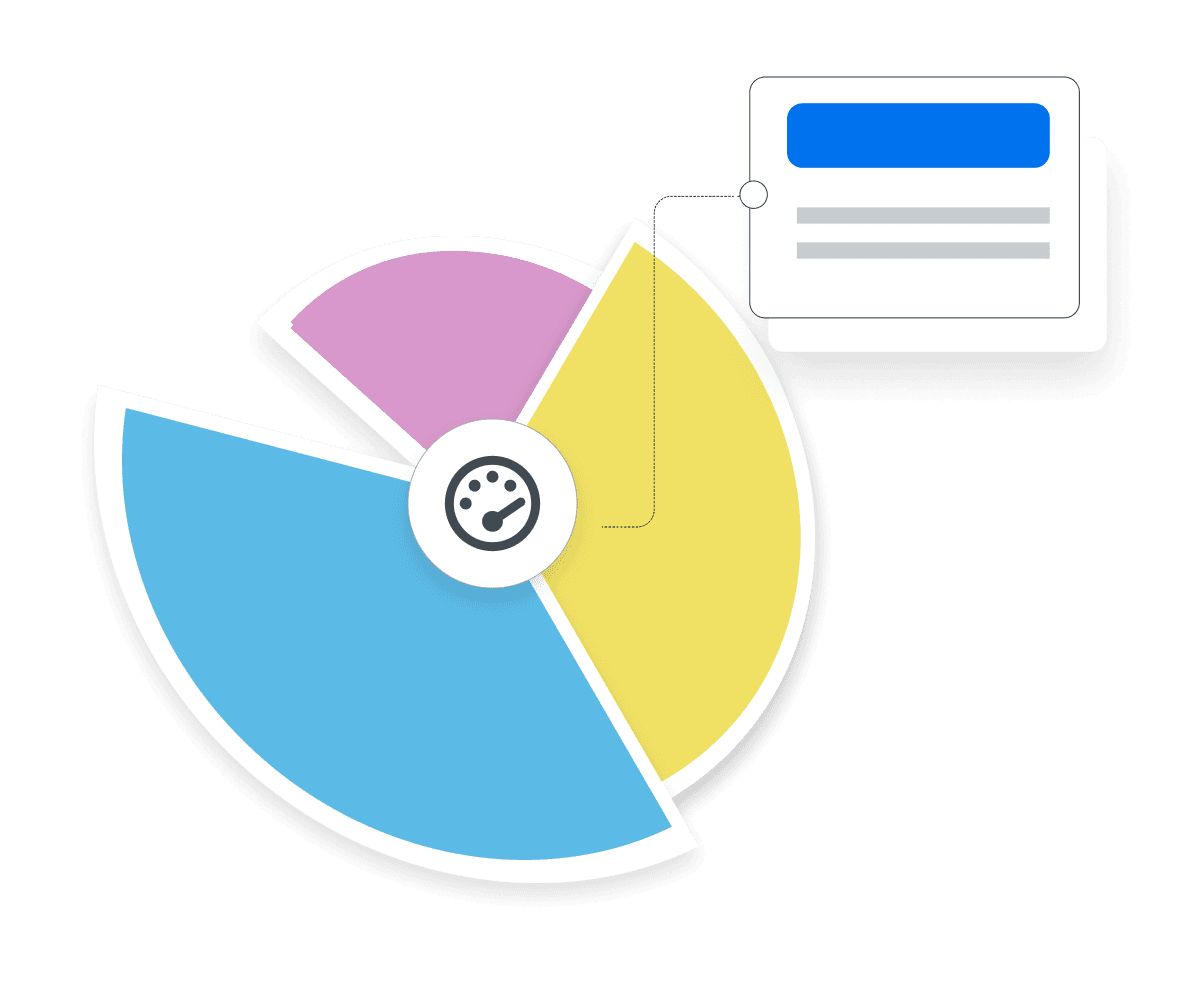
Stop Wasting Time on Manual Reports... Get SEO Insights Faster With AgencyAnalytics
How Title Tags Relate To Other KPIs
The effectiveness of the Title Tag extends beyond mere visibility in search engine results. It intricately interconnects with other crucial KPIs to shape the overall success of digital marketing campaigns. For instance, the Title Tag influences Click-through Rate (CTR), directly impacting website traffic and engagement metrics.
Moreover, compelling Title Tags play a significant role in Search Engine Optimization (SEO) efforts, affecting keyword ranking positions and organic traffic volume. Additionally, the Title Tag aligns with Conversion Rate Optimization (CRO) strategies by resonating with search intent and influencing user behavior.
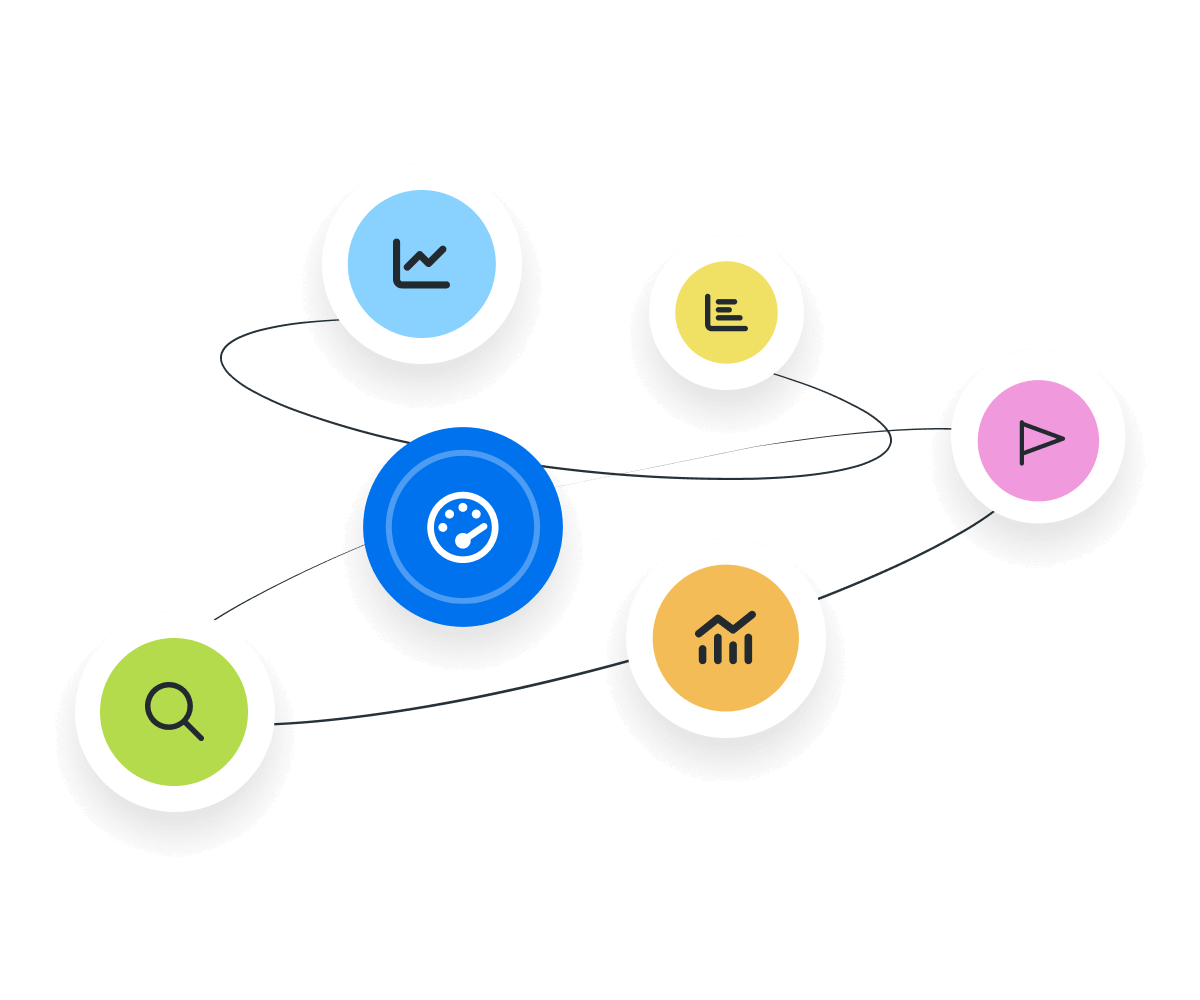
Key Factors That Impact Title Tags
Several factors influence the effectiveness of Title Tags. The most significant is how search engines display these tags in search results. Since search engines often truncate a page Title Tag over 60-70 characters, placing key information at the beginning of the tag becomes completely necessary.
User behavior also plays a role; a great Title Tag that clearly communicates the page's content and intent will lead to better user engagement. The overall SEO strategy, including keyword usage and relevance to the page content, also affects how well these longer tags perform in driving traffic and engagement.
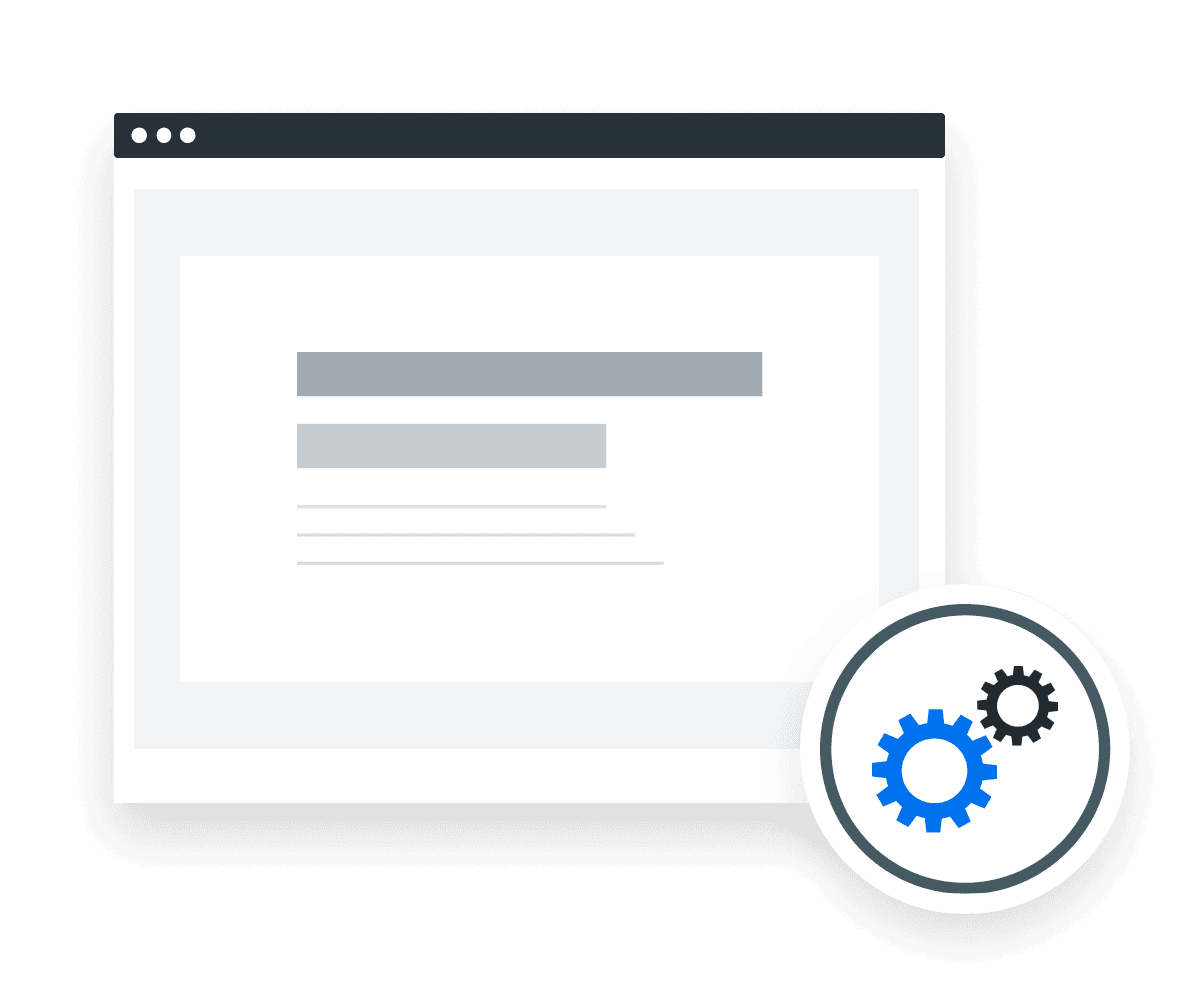
We use AgencyAnalytics to provide detailed analysis for our SEO clients, with site audits and keyword tracking helping us demonstrate the value we deliver.
How To Measure Title Tag Length
Calculating Title Tag length is straightforward. It involves counting the number of characters in the Title Tag, including spaces and punctuation. Online tools, text editors, and spreadsheets often have built-in character count features that make this process simple. Manually counting characters to ensure accuracy is also an option. Most SEO audit tools will also flag when Title Tags exceed or fall short of the target length, including other common Title Tag errors.
The goal is to write a Title Tag under 60 characters to prevent truncation in search engine results. Having a clear understanding of the character count allows for strategic adjustments to maximize the tag's effectiveness while avoiding cutoffs.
What Is a Good Title Tag?
A good Title Tag typically ranges around 55-60 characters. This length ensures the title is long enough to include essential keywords, descriptive enough to provide clarity on the content, yet concise enough not to be cut off in search engine results pages.
What Is a Bad Title Tag?
An SEO Title Tag exceeding 60 characters risks truncation in SERPs, potentially losing critical information or context. Titles that are too short (under 30 characters) will fail to convey enough information to entice clicks or adequately describe the content's focus.
How To Test the Impact of Title Tags
There's room for variation in Title Tag length and complexity based on the specific needs of the page and its content.
Experimenting with different lengths and monitoring the performance of Title Tags, and how they impact ranking position and organic Click-through Rates, helps determine the optimal length for a given website or campaign. Additionally, analyzing competitor Title Tags and industry standards provides insights into common practices and other opportunities for improvement.
The goal is to stand out amongst the other listings on the search results, not to simply duplicate what has already been done.
Why Title Tags Matter to Clients
Title Tags matter to clients because they directly impact how their website appears in search engine results. Clients are often concerned with maximizing visibility and attracting clicks to their websites. A well-optimized Title Tag will improve the chances of their website ranking higher in search results and getting more clicks from users.
Clients also appreciate the opportunity to showcase their brand and provide more context about their content through Title Tags. By understanding the importance of Title Tags, clients will make informed decisions about their website's SEO strategy and prioritize optimizing Title Tags to improve their online presence.

Why Title Tags Matter to Agencies
For agencies, Title Tags are important because they contribute to the overall success of their SEO efforts and client satisfaction. Agencies must optimize Title Tags to fit the correct length for the best results. By focusing on creating an effective and unique Title Tag for each page, agencies demonstrate their expertise in SEO and drive positive outcomes for their clients' websites.
Additionally, agencies use the performance of Title Tags as a metric to showcase the value they bring to their clients' businesses. Understanding the importance of Title Tags allows agencies to prioritize them in their SEO campaigns.

Correcting Common Title Tag Issues
Effective Title Tag optimization ensures that the web page attracts the right kind of attention in search results. Avoid common Title Tag mistakes, including short Title Tags, long Title Tags, missing Title Tags, or duplicate Title Tags. For example, short Title Tags– such as "Home" or “Shop”–fail to convey the page's content, limiting its visibility and relevance. Excessively long Title Tags provide plenty of keyword opportunities but often exceed search engine display limits, truncating important information and preventing the entire Title Tag from being shown.
A missing Title Tag renders a page nearly invisible to search algorithms, significantly impacting its search performance. Similarly, duplicate Title Tags across various pages undermine their distinctiveness, leading to confusion among search engines and users. Prioritizing the optimization of each page's Title Tag is essential for improving SEO effectiveness and user engagement.
Automatically Pull Data From {{integration-count}}+ Marketing Platforms To Create Client Reports in Minutes.
Best Practices When Analyzing and Reporting on SEO
Incorporate these best practices into the analysis and reporting process to enhance the strategic use of Title Tags in digital content and SEO performance.
Ensure Data Accuracy
Prioritize metrics that directly relate to the performance of the organic strategy, such as Click-through Rates (CTR), Bounce Rates, and Time on Page. These metrics provide insights into how users interact with the Title Tags and the subsequent content.
Analyze Over Time
Compare the performance of Title Tags before and after optimization to assess the effectiveness of changes. This measures the impact of optimization efforts and identifies areas for improvement.
Compare Across Channels and Campaigns
Continuously monitor and analyze Title Tags and overall SEO performance to identify trends and opportunities for optimization. Stay informed about changes in search engine algorithms and industry best practices to ensure that strategies remain effective.
Put in Context
Contextualize the data by explaining the significance of Title Tags and how they contribute to overall website performance. Help stakeholders understand the implications of the data and its relevance to their objectives.
Align to Client Goals
Tie the analysis of Title Tags to broader SEO goals and objectives. Demonstrate how improvements in Title Tag performance contribute to achieving organizational objectives, such as increasing website traffic, improving conversion rates, or enhancing brand visibility.
Include Actionable Recommendations
Based on the analysis of Title Tag performance, provide actionable recommendations for improvement. Highlight opportunities to further optimize Title Tags and enhance their impact on user engagement and search visibility.
Rank Tracker Dashboard Example
Related Integrations
How To Optimize Title Tags
Writing Title Tags is an art that requires a blend of creativity, precision, and strategic thinking. Here are three actionable tips to elevate the impact of a client's Title Tags.
Prioritize Keywords
Start with the most important keywords to ensure they appear in truncated versions of the title.
Brand Inclusion
Include the brand name when it adds value, particularly for branded searches.
Call to Action
Incorporate a compelling call to action that encourages clicks.
Related Blog Posts
See how 7,000+ marketing agencies help clients win
Free 14-day trial. No credit card required.


